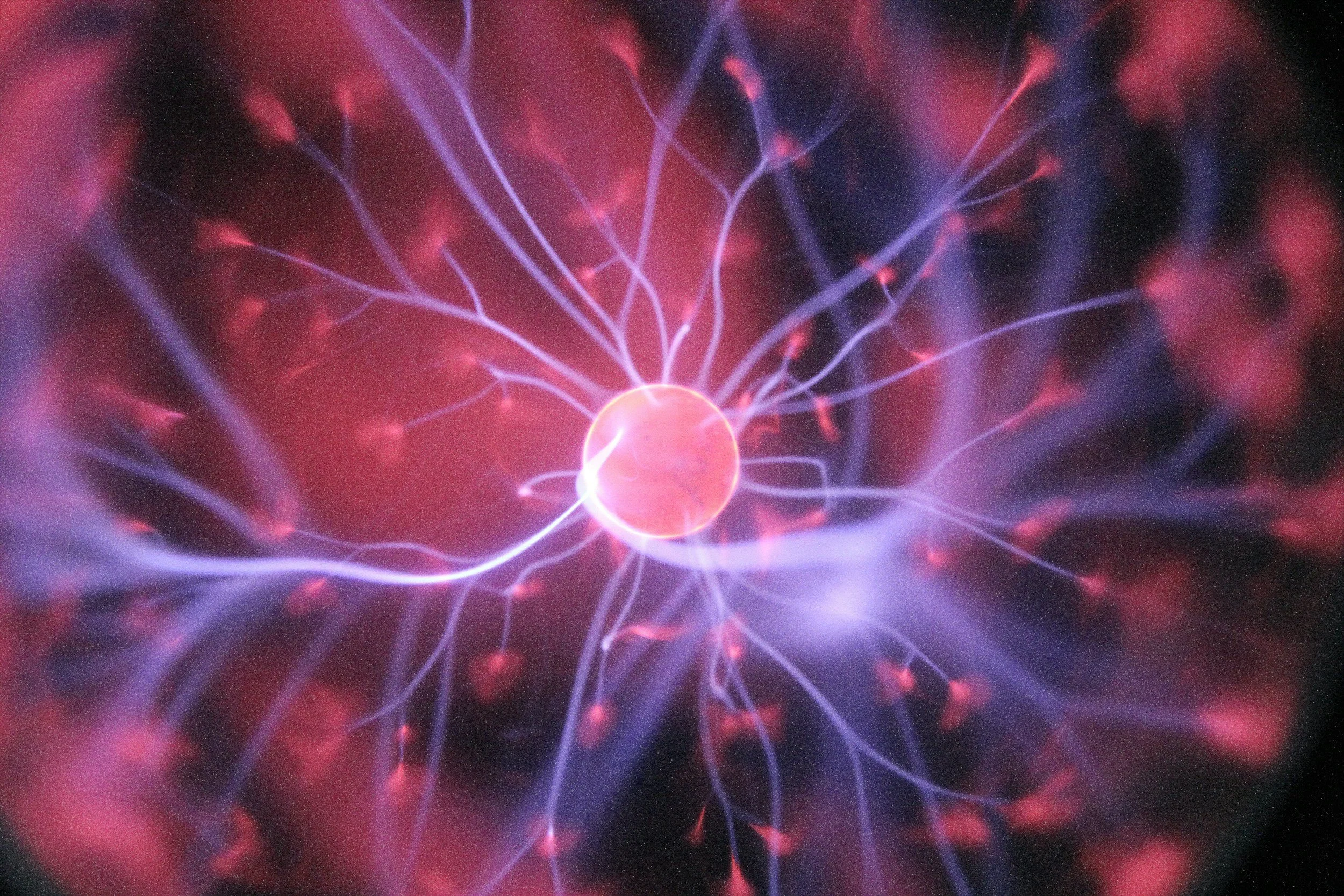Rebalancing Your Brain's Reward Pathways: The Power of 30 Days of Sobriety
As an addiction specialist, I often emphasize the incredible changes that occur in the brain after a period of sustained sobriety or abstinence from a certain behavior. One of the most significant transformations is the rebalancing of the brain's reward pathways. Understanding this process can provide valuable insight into the benefits of staying committed to your recovery journey.
Understanding the Brain's Reward Pathways
The brain's reward system is a complex network of neural structures responsible for regulating feelings of pleasure and motivation. This system is primarily driven by the neurotransmitter dopamine, which is released in response to rewarding stimuli such as food, social interactions, and other pleasurable activities. When an individual engages in substance use or addictive behaviors, these activities can hijack the brain's reward pathways, leading to an unnatural and excessive release of dopamine.
Over time, the brain adapts to this heightened dopamine activity by reducing the number of dopamine receptors or desensitizing them. As a result, the individual requires more of the substance or behaviour to achieve the same level of pleasure, leading to a cycle of addiction.
The Impact of 30 Days of Sobriety
After 30 days of sobriety or abstinence from a particular behavior, significant changes begin to take place in the brain's reward pathways. Here are some key transformations:
1. Dopamine Receptor Recovery
One of the most critical changes that occur during this period is the gradual recovery of dopamine receptors. As the brain is no longer bombarded with excessive dopamine from substance use or addictive behaviors, it starts to restore the balance by increasing the number and sensitivity of dopamine receptors. This process helps the brain respond more effectively to natural rewards and reduces the intense cravings associated with addiction.
2. Enhanced Emotional Regulation
Addiction can severely impair the brain's ability to regulate emotions, leading to mood swings, anxiety, and depression. After 30 days of sobriety, the brain begins to rebalance neurotransmitter levels, including serotonin and norepinephrine, which play a crucial role in mood regulation. This rebalancing process can lead to improved emotional stability and a greater sense of well-being.
3. Improved Cognitive Function
Substance use and addictive behaviours can negatively impact cognitive functions such as memory, attention, and decision-making. During the first 30 days of sobriety, the brain starts to repair and restore neural connections, leading to improved cognitive abilities. Enhanced cognitive function allows individuals to think more clearly, make better decisions, and engage in healthier behaviours.
4. Increased Sensitivity to Natural Rewards
As the brain's reward pathways begin to rebalance, individuals may start to experience increased sensitivity to natural rewards. Activities that were once overshadowed by addiction, such as spending time with loved ones, engaging in hobbies, or enjoying nature, become more pleasurable and fulfilling. This increased sensitivity helps reinforce positive behaviours and supports long-term recovery.
The Importance of Continued Commitment
While the first 30 days of sobriety mark a significant milestone in the recovery journey, it's essential to recognize that brain rebalancing is an ongoing process. Continued commitment to sobriety, engaging in healthy activities, and seeking support from addiction specialists and support groups are crucial for maintaining and enhancing these positive changes.
Conclusion
The first 30 days of sobriety or abstinence from a particular behavior bring about remarkable changes in the brain's reward pathways. By allowing the brain to rebalance and recover from the impacts of addiction, individuals can experience improved emotional regulation, cognitive function, and sensitivity to natural rewards. Understanding these benefits can provide motivation and encouragement to stay committed to the path of recovery. Remember, professional help and continuous support are key to overcoming addiction. At The Addiction Specialists, we are here to provide the comprehensive care needed to navigate this challenging journey and support you every step of the way.

